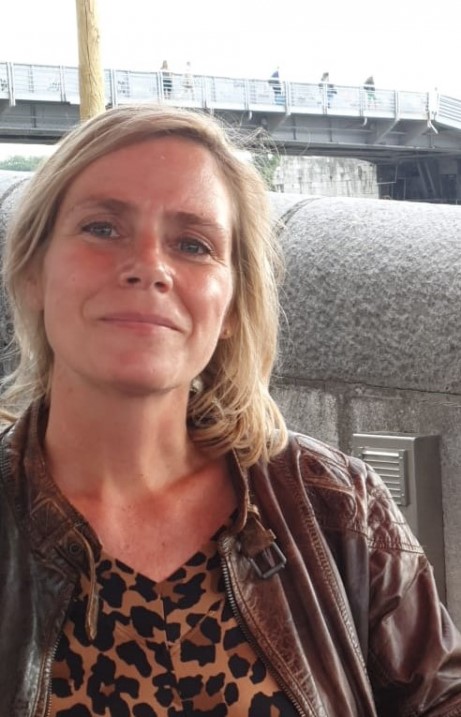
The EU increasingly relies on national stake-holders such as NGOs to raise non-compliance issues before national courts. In particular the environmental sector has witnessed a shift from centralized infringement procedures initiated by the European Commission to decentralized enforcement by private actors. To shed light on the work and effectiveness of national enforcers, Konstantin Reiners and Esther Versluis analyze the actions taken by the German NGO Deutsche Umwelthilfe to encourage compliance of German States with the Ambient Air Quality Directive. In their case study they show that the NGO mostly used litigation (i.e., initiating a high number of legal proceedings) to increase the salience of the topic in national debates and the media. The interplay of public pressure caused by increased issue salience of air quality and legal pressure has positively affected compliance by German states. Overall, these insights indicate that private actors such as NGOS can indeed play a crucial role as additional guardians of the Treaties to tackle national compliance deficits.